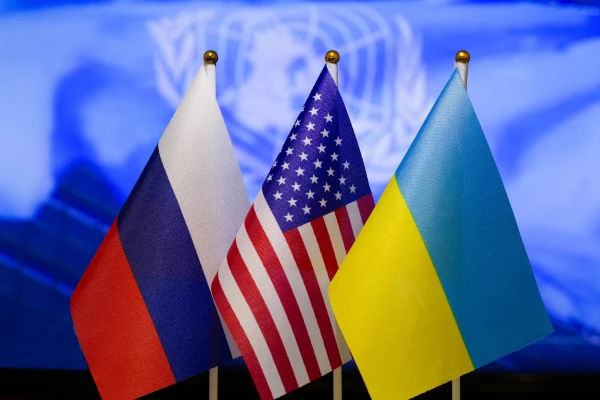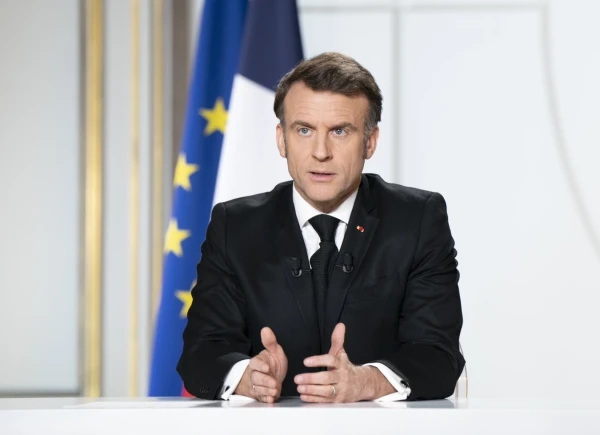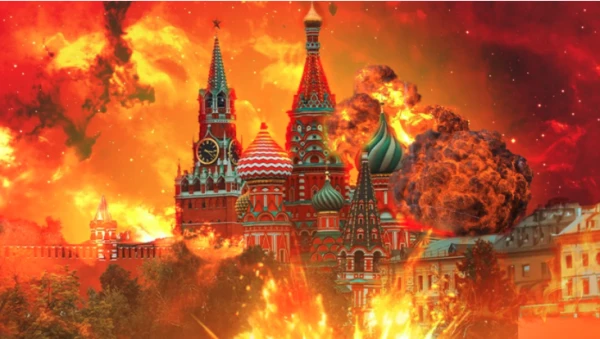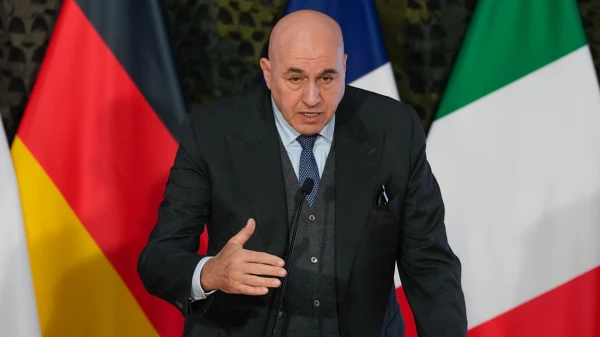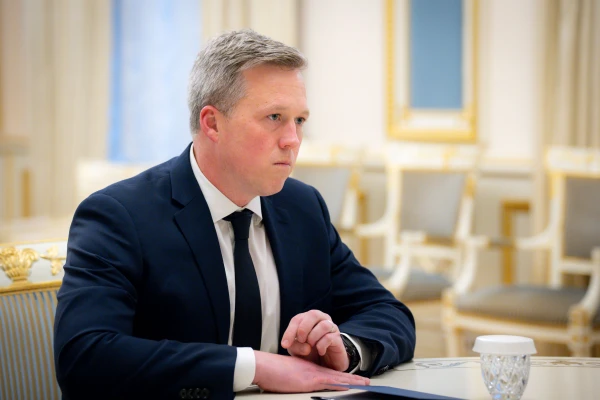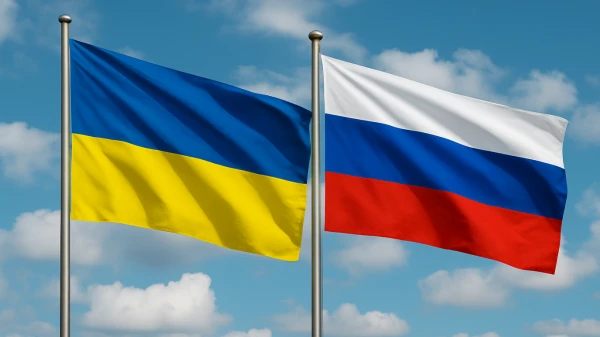
The U.S. plays good cop and bad cop in its diplomacy.
Bringing the U.S. "peace plan" to an acceptable format for Ukraine will require months of painstaking negotiations, a source familiar with the document told The Washington Post. "Even if President Volodymyr Zelensky wanted to sign it, he wouldn't be able to because there is no political basis for that," the source emphasized, noting that "there are many points that are initially unacceptable." He compared the situation to preparing a deal on minerals between Washington and Kyiv, reminding that it took three months to finalize before signing. "But the current agreement is being prepared between the U.S., Ukraine, Russia, and Europe. So I think its discussion will take about 12 months. This is the beginning of a peace process, not its conclusion," the source noted.
Another official told WaPo that Zelensky, during a meeting with the American delegation led by U.S. Army Secretary Dan Driscoll, requested changes to the plan, and the general's team agreed to some amendments. The specifics were not disclosed. "It seems that the U.S. split its teams between Driscoll and Whitcoff to play good cop and bad cop — one is pressuring, while the other is trying to say, 'Let’s work together on the changes,'" the official noted. Meanwhile, Bloomberg sources report that Zelensky, along with leaders from France, Germany, and other European countries, are trying to rewrite the U.S. peace plan before the deadline of November 27 and present it as a constructive update. The leaders are trying to buy time for Ukraine to develop new conditions for a ceasefire with Russia.
In his address to the nation on Friday, Zelensky stated that it is his duty to uphold the promise to protect the sovereignty and independence of the country, and that he will offer the U.S. alternatives on points that are principled for Kyiv. According to the American plan, Ukraine is proposed to effectively surrender Donbas, reduce the Armed Forces of Ukraine by half, and abandon NATO membership. Agreeing to this would give Russia territorial and military advantages for a new invasion, as has been repeatedly warned in Kyiv.
Some Republicans in Congress are also preparing to oppose concluding an agreement on unfavorable terms for Ukraine. "I would oppose it, and I know that many in Congress are also against any forced acceptance of a deal," said U.S. Representative Mike Turner.
Meanwhile, the Russian leadership is also not fully satisfied with Trump’s "peace plan." President Vladimir Putin confirmed that Moscow received the text of the document. A source close to the Kremlin told The Guardian that the head of state "liked" the general outlines of the proposal. However, Putin was dissatisfied that among the 28 points there was no mention of a legally binding guarantee of "NATO not expanding eastward," as well as the enshrinement of Ukraine's neutral status in its Constitution. Regarding the neighboring country's accession to the EU, Russia would only agree to this if the military component is excluded, the source added, citing the Austrian model of neutrality.
"Although the concessions for Russia seem significant, the plan will also require it to abandon some of its previous conditions — for example, a more radical reduction of Ukraine's armed forces or certain elements of political reform," said Tatiana Stanovaya, a senior fellow at the Carnegie Russia Eurasia Center. According to her, having received much of what it sought in general terms, the Kremlin must now seriously consider what it will likely deem unreasonable and unreliable.
